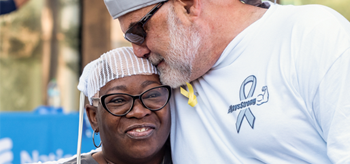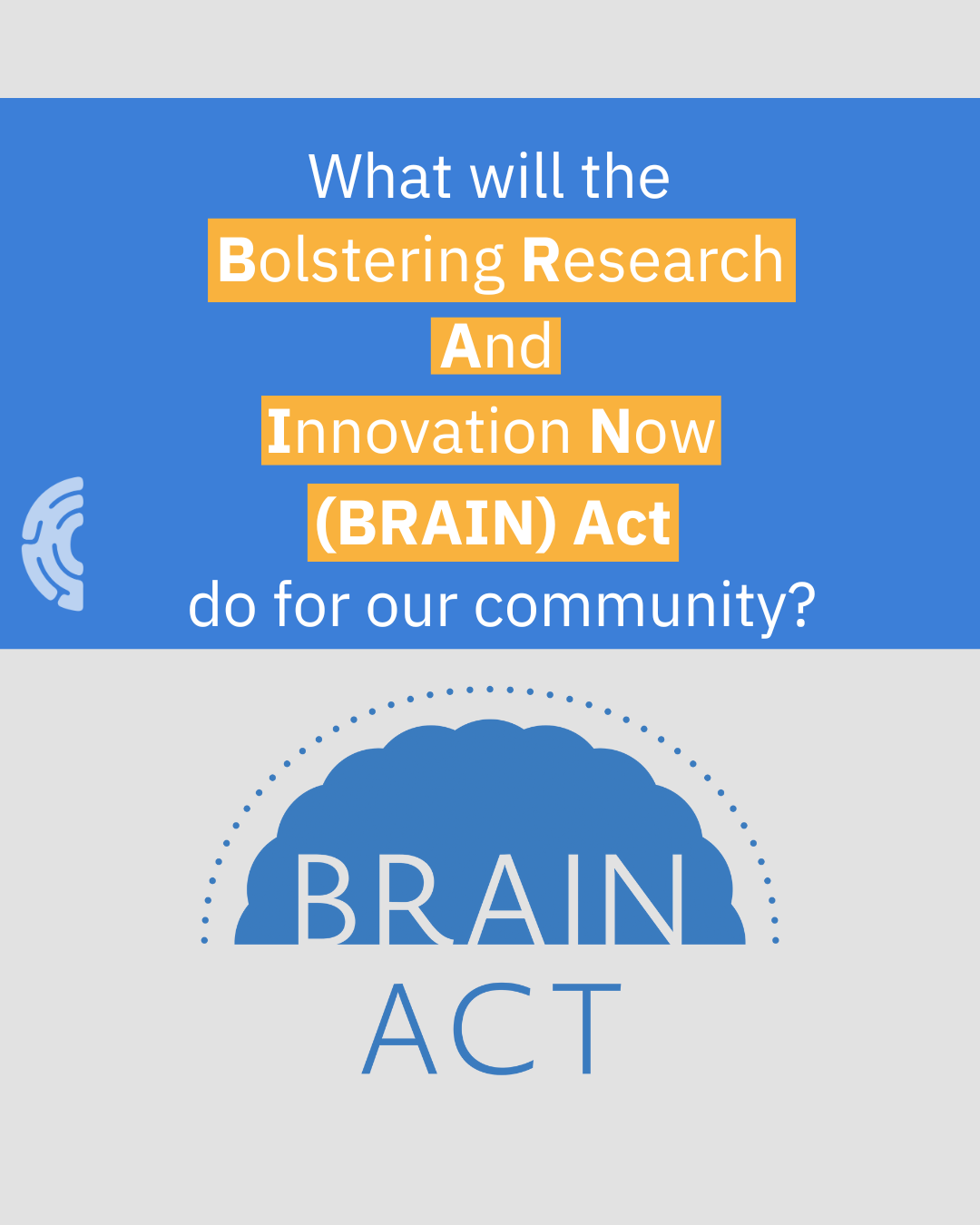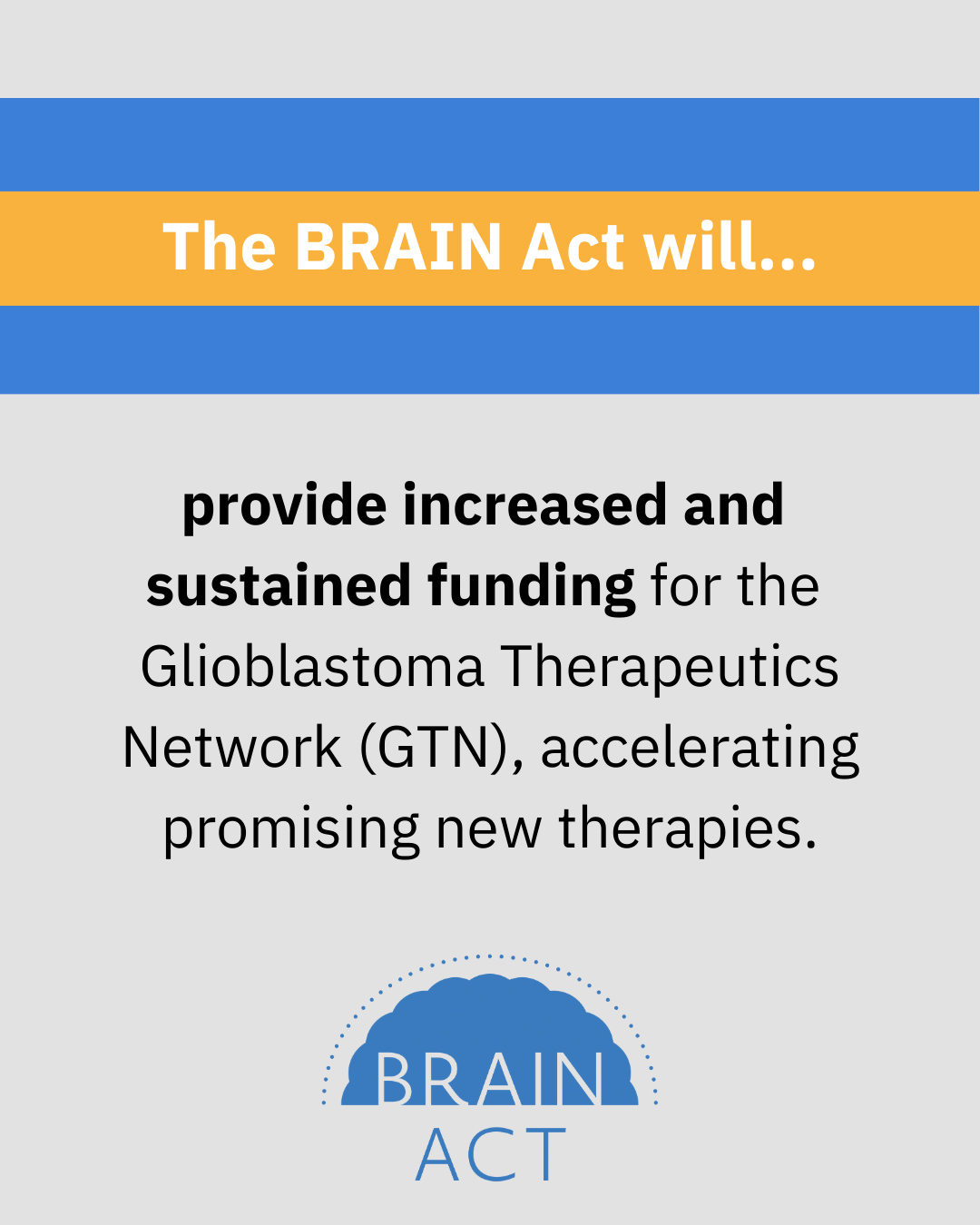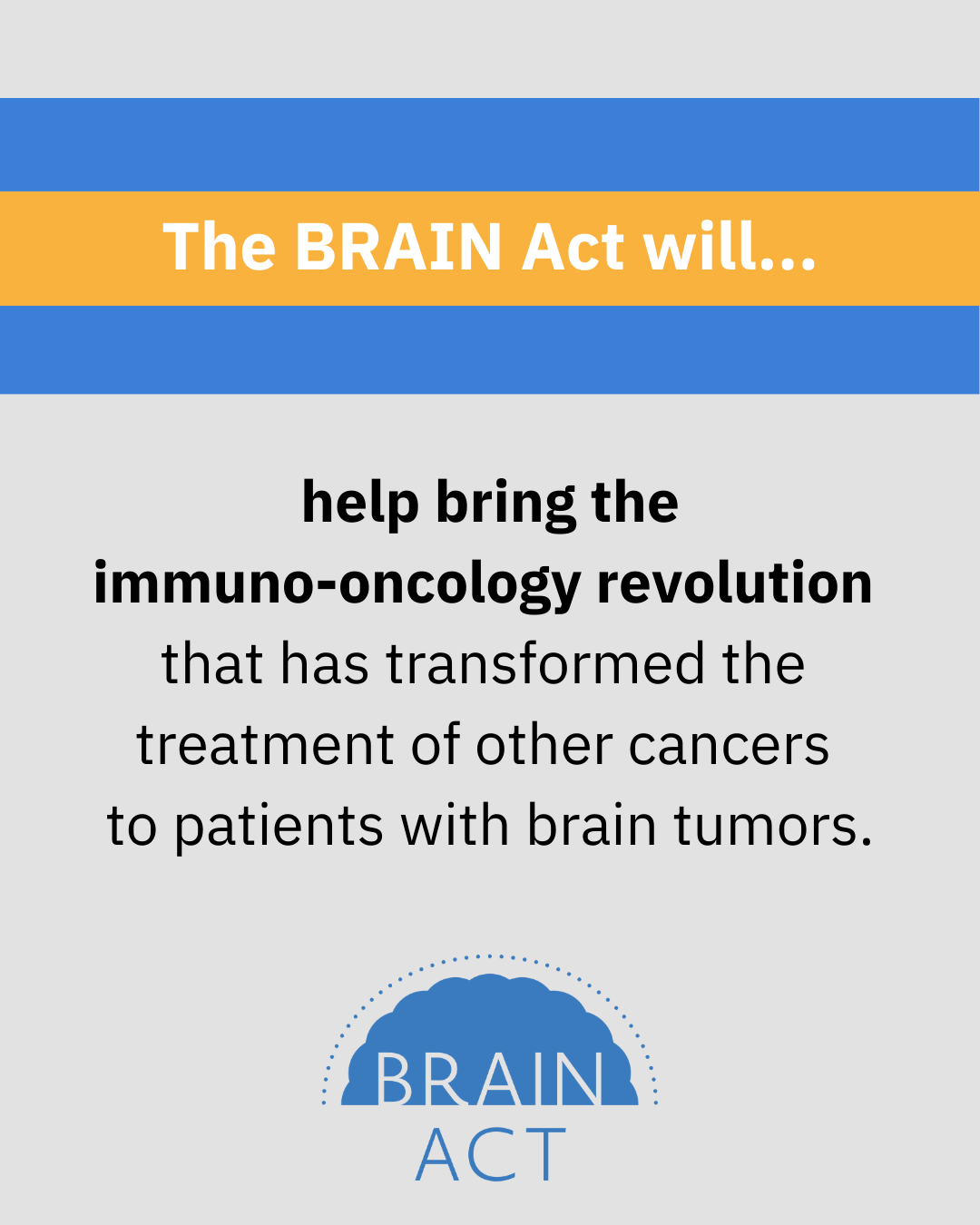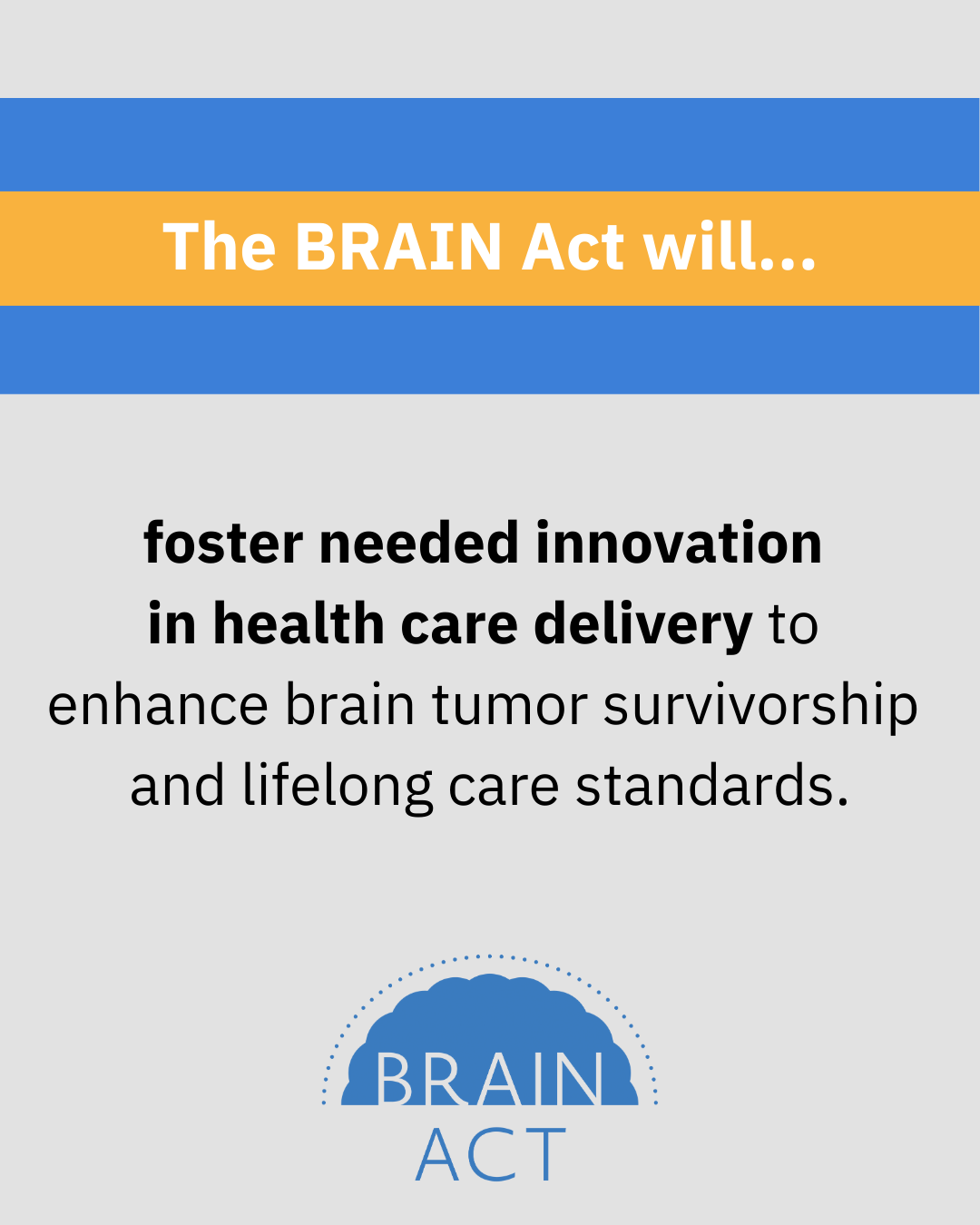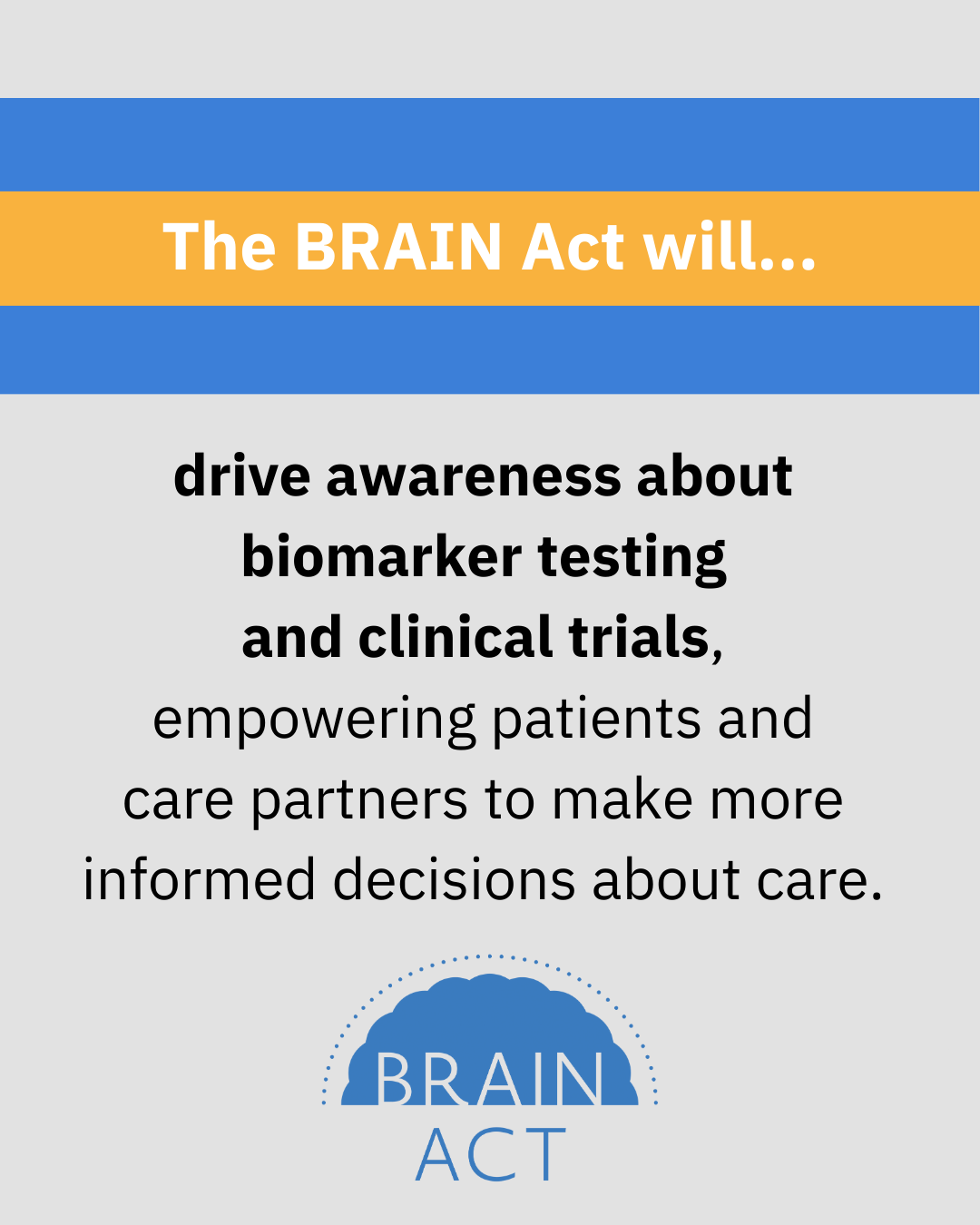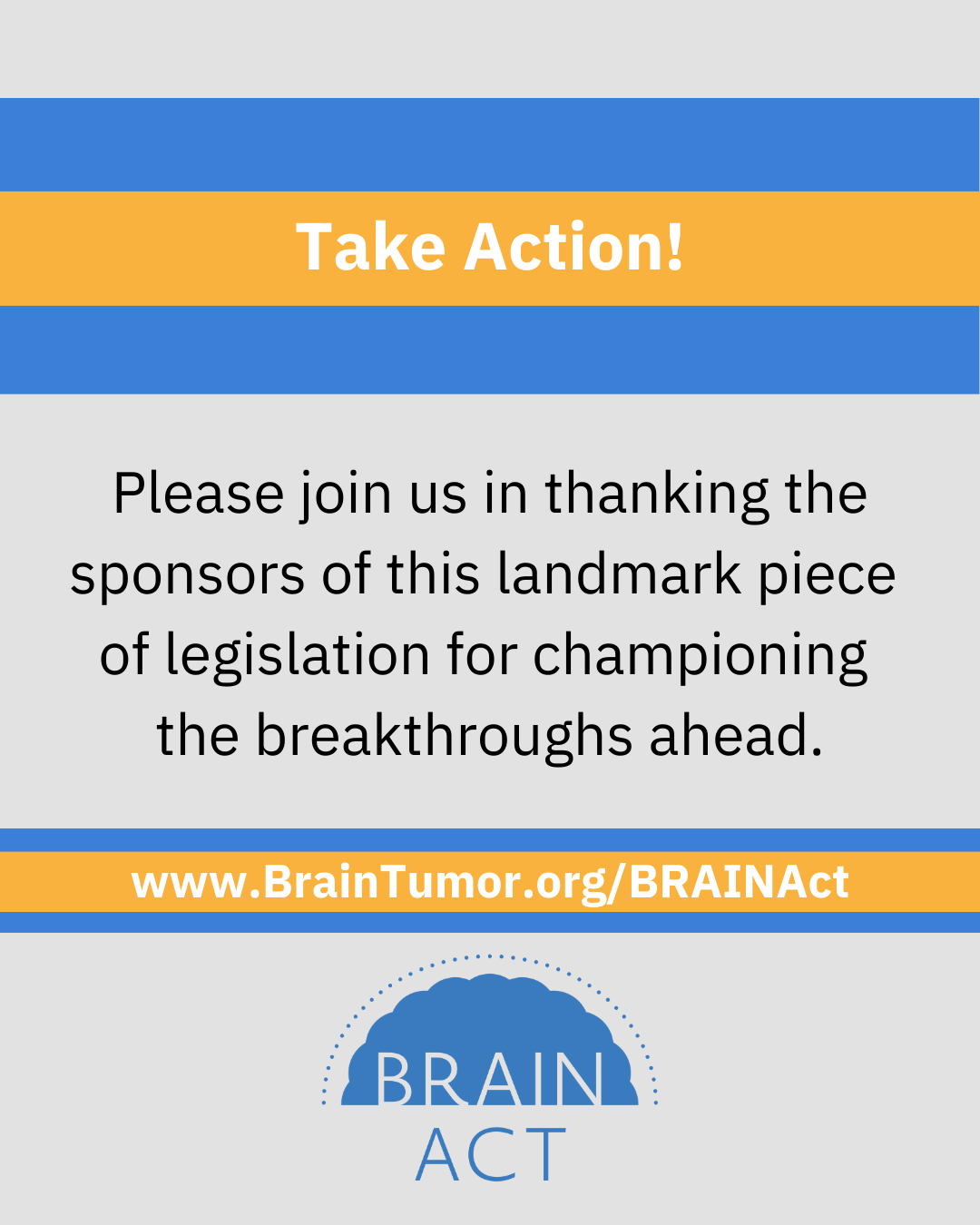BRAIN Act In Depth
Cancer-related legislation has played an important role, historically, in advancing research and improving treatment for those diagnosed with this vast collection of diseases. Beginning with the National Cancer Acts of 1937 and 1971, policymakers have helped build the United States into a major hub of innovation and medical care related to cancers. During this period of profound progress, the country has successfully reduced the overall cancer mortality rate significantly. However, while we’ve made great strides in understanding the science of brain tumors, the survival rates for the most common, malignant brain tumors have remained relatively stagnant compared with other cancers over this timeframe.
Brain tumors are complex, hard to treat, and don’t play by the same rules as cancers in other parts of the body. Nationally, much progress from cancer-related policy efforts has come as a result of focusing on early-detection, prevention, and screening initiatives – measures that aren’t currently applicable to brain tumors – as well as types of treatments that have, so far, been difficult to make work in the brain.
The situation was clear – legislation needed to be developed and tailored specifically to the unique needs of the brain tumor community.
The BRAIN Act includes five sections that address the spectrum of challenges facing the brain tumor community, from basic scientific research, to early-phase drug discovery and development, clinical trials, diagnosis and treatment planning, and care and quality of life for those living with and surviving brain tumors. Specifically, the sections within the act include:


